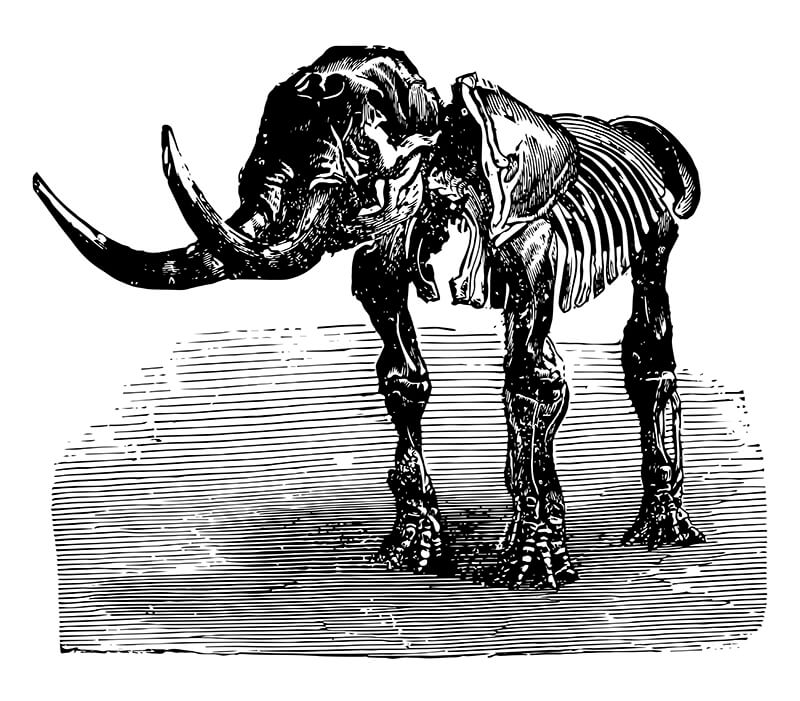
At the same time, we slowly pursued a sustainability plan targeted at making the project self-supporting.
#Mastodonte devteam software#
That helped to keep the software fresh and to improve its functionality. In the early years of the project, when it was grant-funded and based at the RRCHNM, the staff did their best to integrate insights and developments from an array of related work that used Omeka as their core web publishing platform.

Since its launch in 2008, the Omeka project has thrived on the skill and dedication of the Dev Team.
#Mastodonte devteam professional#

#Mastodonte devteam full#
With this transition, the Omeka project is entering a new stage of maturity, ensuring that the staff is available, at full strength, to support its user and developer communities, and to continue to improve the software packages on which so many have come to depend. We are grateful for the long alliance with RRCHNM, which has always been based on a shared commitment to the essential role of open access and open source software in a thriving cultural commonwealth, and we will continue to be allies in the field. That important partnership has enabled impressive growth and innovation across the platforms over the years. As such, it has been contracting with Roy Rosenzweig Center for History and New Media at George Mason University for increasing portions of the Dev Team’s time to develop the software. Under the stewardship of Digital Scholar, Omeka has been a self-supporting project since 2016.

I am thrilled to announce that as of March 1, four key members of the Omeka Development Team are coming to work directly for the project as employees of Digital Scholar.


 0 kommentar(er)
0 kommentar(er)
